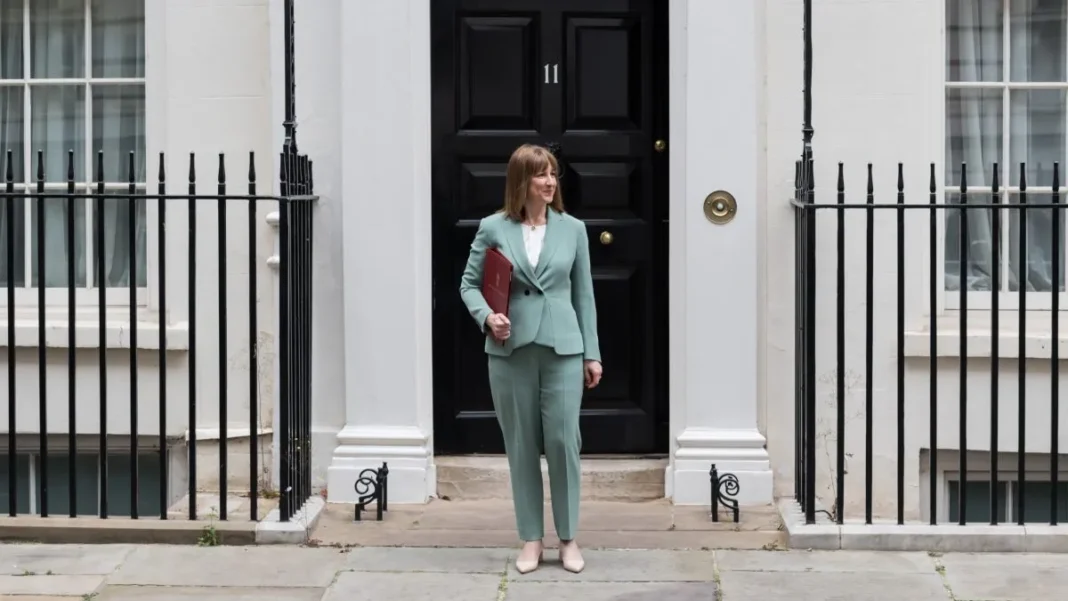The UK Treasury is exploring major property tax reform, including a new levy on homes sold for over £500,000. Chancellor Rachel Reeves aims to replace stamp duty and eventually overhaul council tax. Officials are studying a national property tax for owner-occupied homes first. Later, a local property tax could follow to stabilize struggling council finances.
Currently, stamp duty applies to about 60% of home sales, while council tax relies on outdated 1990s property values. Economists argue both systems are unfair and inefficient. The proposed property tax reform would shift costs to higher-value properties, making the system more progressive.
Under the plan, sellers of homes worth over £500,000 would pay a national tax based on the sale price. The Treasury would collect this directly via HMRC. Unlike stamp duty, this tax would not apply to second homes. Meanwhile, local authorities could later adopt a separate property tax to replace council tax.
The property tax reform could help Labour avoid breaking its pledge not to raise taxes on workers. It also targets wealthier homeowners, aligning with calls for fairer wealth taxes. Deputy PM Angela Rayner has pushed for reforms to reduce regional inequalities.
Implementing these changes will take time. A full council tax overhaul may require a second Labour term. Some affluent councils, like Westminster and Kensington, may lose funding. Critics argue the reforms don’t go far enough to help poorer areas.
The Treasury is reviewing proposals from think tanks like Onward, which suggests a two-tier property tax system. No final decisions have been made, but changes could start this parliament. If successful, property tax reform could create a fairer, more stable revenue system for years to come.
For more political updates, visit London Pulse News.


